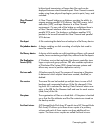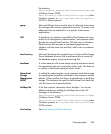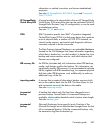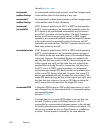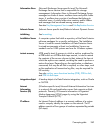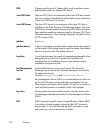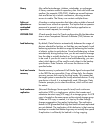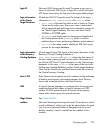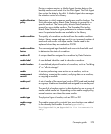Information Store (Microsoft Exchange Server specific term) The Microsoft
Exchange Server service that is responsible for storage
management. Information Store in Microsoft Exchange Server
manages two kinds of stores: mailbox stores and public folder
stores. A mailbox store consists of mailboxes that belong to
individual users. A public folder store contains public folders
and messages that are shared among several users.
See also Key Management Service and Site Replication Service.
Informix Server (Informix Server specific term) Refers to Informix Dynamic Server.
initializing See formatting.
Installation Server A computer system that holds a repository of the Data Protector
software packages for a specific architecture. The Installation
Server is used for remote installation of Data Protector clients.
In mixed environments at least two Installation Servers are
needed: one for UNIX systems and one for Windows systems.
instant recovery (ZDB specific term) A process in which a replica, produced by
a ZDB-to-disk or a ZDB-to-disk+tape session, is used to restore
the contents of the source volumes to their states at the time at
which the replica was created, avoiding the need to perform a
restore from tape. Depending on the application or database
concerned, this may be all that is required, or other steps, such
as the application of transaction log files, may be required for
full recovery.
See also replica, zero downtime backup (ZDB), ZDB to disk,
and ZDB to disk+tape.
integration object A backup object of a Data Protector integration, such as Oracle
or SAP DB.
Internet
Information
Services (IIS)
(Windows specific term) Microsoft Internet Information Services
is a network file and application server that supports multiple
protocols. Primarily, IIS transmits information in Hypertext
Markup Language (HTML) pages by using the Hypertext
Transport Protocol (HTTP).
IP address An Internet Protocol address is a numeric address of a system
used to uniquely identify the system on the network. The IP
address consists of four groups of numbers separated by periods
(full stops).
Concepts guide 369





